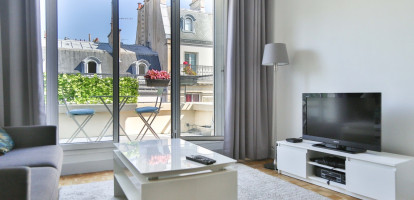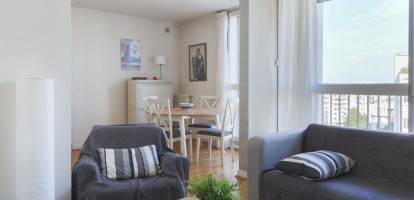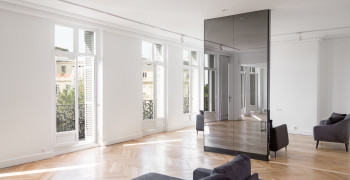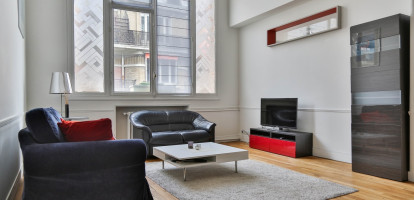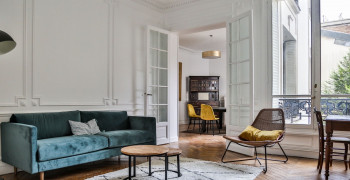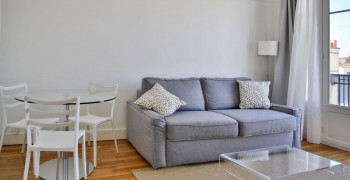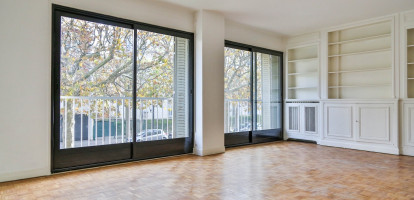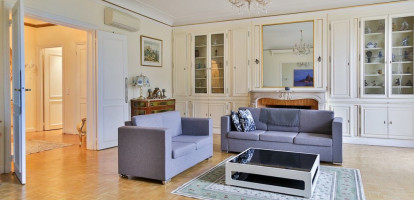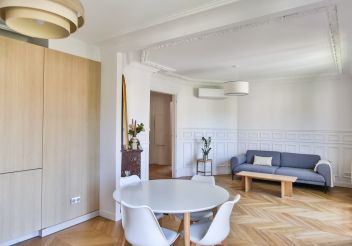Introduction to Family Sabbaticals
A sabbatical leave typically means taking an extended break from work, school, and other commitments to focus on personal development and family bonding. It can involve traveling the world, volunteering in another community, furthering education, or simply coming to Paris for an extraordinary experience to be remembered throughout their lives.
Family sabbaticals are not just vacations; they are transformative experiences that allow families to share a game plan, expand their knowledge with new ventures, and create unique, cherished memories. This trend of family sabbaticals is gaining popularity worldwide, and for good reasons.
Advantages of Taking Family Sabbaticals in Paris
Paris family sabbatical year offers several advantages, making it an appealing destination for families looking for a fulfilling experience together. Here are some of the benefits of taking family sabbaticals in Paris:
- Cultural Immersion: Paris, a city steeped in history and culture, offers a rich tapestry where families can immerse themselves. From the iconic Louvre to the contemporary Le Centre Pompidou, there are plenty of museums to explore, providing a unique learning experience for the whole family.
- French Language Learning: Paris is the perfect environment for families looking to enhance their French skills. Children can attend language programs at renowned international schools like the American School of Paris, EIB France, and École Jeannine Manuel. These schools also offer summer camps and language immersion programs, ensuring a well-rounded educational experience for the kids. Parents or couples without children can also learn French while on sabbatical in Paris by taking lessons in establishments such as Alliance Française, Institut Français, and French As You Like It or practicing French in daily interactions, accelerating their proficiency in the language. Expat families in Paris can also participate in language exchanges with local French-speaking families to facilitate language learning through conversation and cultural exchange.
- Educational Opportunities in Paris for Children: Paris is home to some of the world's most prestigious educational institutions and museums. Academic resources such as workshops, guided tours, and cultural events can enrich families' learning experiences in various fields. Here are some of our recommended courses and workshops in Paris for families with children and teenagers:
- Cooking Classes: Taking cooking classes at Alain Ducasse's Ecole de Cuisine or Cordon Bleu.
- Art Workshop: Attending art workshops hosted by renowned museums in Paris, including the Louvre Museum, Musée d'Orsay, Centre Pompidou, and Château de Versailles, offers kids a great chance to learn all about drawing, painting, and sculpture.
- Music Workshop: The Philharmonie de Paris and Orchestre de Paris offer special music workshops for kids to listen, watch, learn, discover, and practice music in every form to awaken their interest in music.
- Global Perspective: Living in Paris exposes families to diverse perspectives and cultures worldwide. This multicultural environment fosters empathy, broader horizons, and an appreciation for diversity, shaping children into global citizens with a broad worldview.
- Family Bonding: A sabbatical in Paris provides uninterrupted quality time for families to bond and create lifelong memories. Whether exploring different neighborhoods in Paris, picnicking along the Seine, exploring different parks in Paris, visiting museums, discovering street markets and local French food, or attending cultural events together, families can strengthen their relationships and build lasting connections.
- Health and Well-being: Paris offers a high quality of life, access to quality healthcare system, organic food, green spaces, pedestrian-friendly streets, and a focus on healthy living. Families can enjoy outdoor activities, fresh cuisine, and a relaxed pace of life, promoting physical and mental well-being during their sabbatical.
Choose Your Family Sabbatical Homes with Paris Rental
Discover how PARIS RENTAL simplifies the search and reservation of rental accommodation for families on a sabbatical year in Paris:
- Furnished Rentals: Paris Rental provides a selection of fully equipped and ready-to-move-in rentals (apartments and houses) in different sizes and budgets in central Paris and prestigious western suburbs, including Neuilly-sur-Seine and Boulogne-Billancourt. These accommodations are ready to be occupied upon arrival, offering comfort and convenience from day one, avoiding the hassles of purchasing additional furniture or appliances.
- Flexibility in Rental Durations: Paris Rental offers families rental options for both middle—and long-term stays in Paris, allowing them to choose the duration that best fits their sabbatical year. Whether planning to stay for a few months or an entire year, Paris Rental can offer solutions tailored to their needs.
- Personalized Assistance: Paris Rental agents can provide customized assistance in English throughout the apartment search and booking process. Paris Rental’s multilingual team can help expat families find the ideal apartment for rent in Paris that matches their specific criteria, whether in size, family-friendly neighborhood, proximity to schools, or budget.
- Handling Administrative Formalities: Paris Rental can also assist expatriate families in navigating the administrative formalities related to renting an apartment in Paris. This service includes helping you prepare a rental file, managing lease agreements, opening electricity/gas accounts, and taking Internet subscriptions.
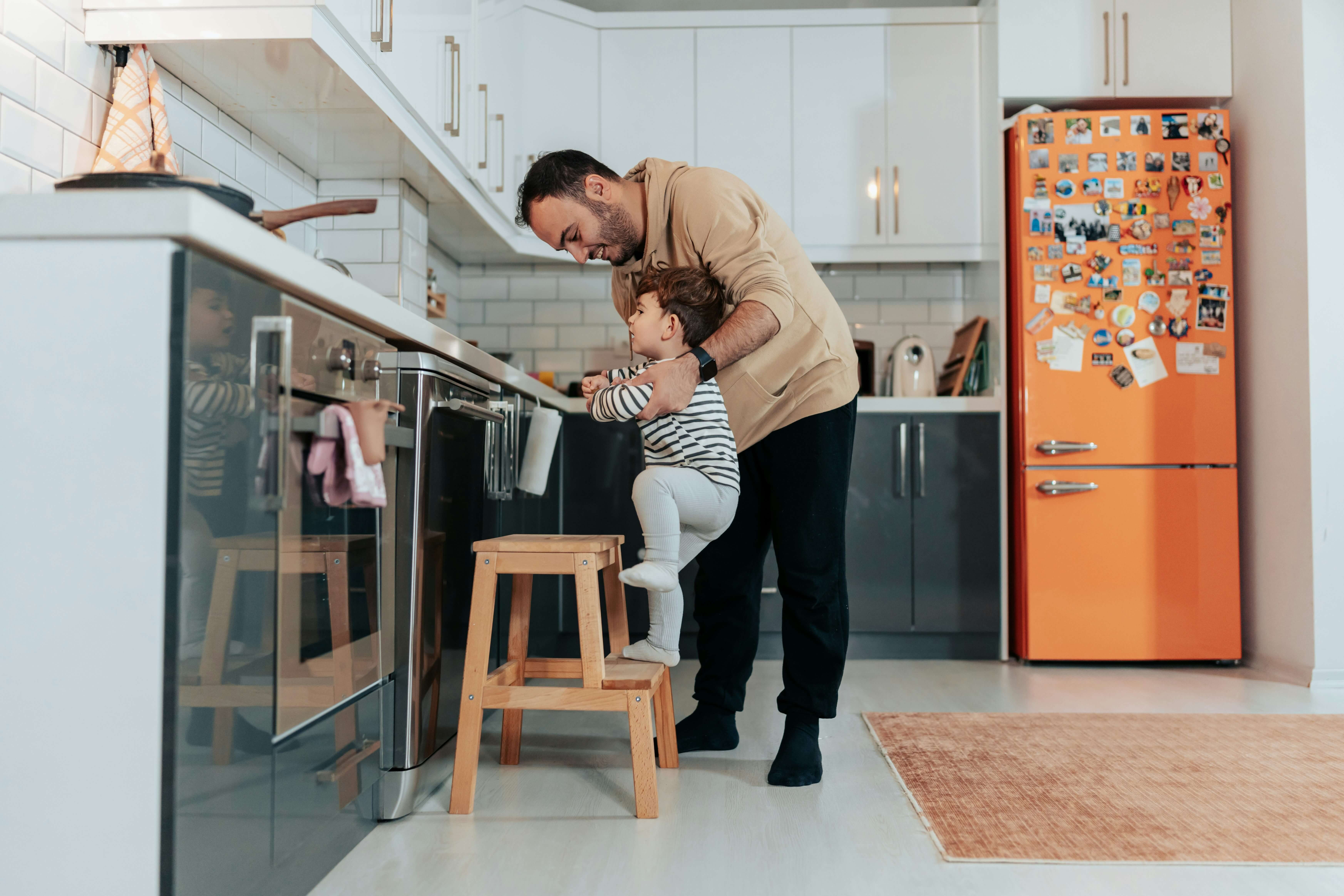
Budget for Taking Your Family Sabbatical in Paris
When planning a family sabbatical, the big question is: "What is the cost of living in Paris for a family?" The budget for a family sabbatical year in Paris can vary widely depending on family size, lifestyle preferences, accommodation choices, and personal spending habits. However, here's a general breakdown of potential expenses to consider when planning a family sabbatical in Paris:
1. Rent a Sabbatical Home in Paris
Renting a family sabbatical home is one of the most significant expenses. Monthly apartment rental costs in Paris for a family-furnished apartment can range from €2,500 to €5,000 or more. Like any big city, it depends on location, size, and amenities.
Average monthly rent for a furnished apartment in Paris (by size):
- 2-bedroom apartment rental in Paris: €2500 to €4000
- 3-bedroom apartment rental in Paris: €3500 to €5000+
Rents vary from 10% to 50% depending on the apartment size (m2) and luxury amenities.
2. Living Expenses in Paris for a Family
Budget for daily expenses, including dining out, groceries costs, transportation costs, utility bills, and entertainment. The living expenses for a family of four in Paris vary from €3,500 to €6,500 per month, depending on their lifestyle and dining habits.
According to NUMBEO, the cost of living in central Paris with kids costs 27.3% less than living in New York (without rent). And housings prices in Paris are 59.6% lower on average than in New York.

3. Cost of Mutual Health Insurance for a Family
Health insurance premiums for a family could range from €200 to €500 per month, depending on coverage levels and family members' ages. According to LeLynx, the average cost of family health insurance (mutuelle) in France for a family of 4 is around €2,207 per year, €550 per month.
4. Tuition and Fees in Paris: Childcare & Education
If children will be attending school or participating in educational programs, budget for tuition fees, supplies, and extracurricular activities. International school tuition fees in Paris can range from €15,000 to €36,750 per year per child. Plus, additional costs include enrollment fees (between €500 and €2,000), uniforms and books (€500 to €1,500 per year), and extracurricular activities expenses (€500 to €2,000 annually, depending on activities).
| School |
Location |
Ages |
Languages |
2024-25 Annual Tuition Fees |
| American School of Paris |
St-Cloud |
3-18 |
100% English |
€21,270- €39,910 |
| Bilingual International School of Paris |
15th arrondissement |
3-18 |
50% French; 50% English |
€12,800- €20,800 |
| EIB Grenelle |
7th arrondissement |
3-11 |
50% French; 50% English |
€15,393- €16,650 |
| International School of Paris |
15th arrondissement |
3-18 |
100% English |
€24,300- €36,750 |
5. Travel and Exploration Expenses
Budget for transportation within Paris, day trips, and travel to nearby destinations. Here are the prices of public transportation in Paris for adults and children:
- The Navigo Month Pass: €86.40 per month
- Paris public transportation card for kids under 11 years old: €24 per year
- The annual pass for primary, secondary, and apprentice students is €365 per year plus €8 administration fee (imagine R School Package).
Adding up these estimated expenses, a family sabbatical year in Paris could cost anywhere from €100,000 to €250,000 or more, depending on various factors. Creating a detailed budget based on your family's specific circumstances and financial goals is essential to ensure a successful and financially sustainable sabbatical experience.
How to Enroll Children in School in Paris During a Sabbatical?
Homeschooling your children during a family sabbatical in Paris can be a great education option, offering a more flexible and personalized approach. Thanks to different teaching methods and educational philosophies, enrolling school-aged kids in local schools during a sabbatical year in Paris will be an even more memorable experience. It will also allow them to immerse themselves in French culture and traditions and accelerate language learning and fluency. Below is a detailed guide on proceeding with the school registration process for children on sabbatical in Paris.
Understanding the French Education System
Primary School (École Primaire): Ages 6-11
Divided into two cycles:
- Cycle 2 (CP, CE1, CE2): Focuses on basic skills in French, mathematics, science, and humanities.
- Cycle 3 (CM1, CM2): Reinforces foundational skills and begins to introduce more complex concepts.
Middle School (Collège): Ages 11-15
It is divided into four years (6ème to 3ème).
The curriculum includes French, mathematics, history, geography, foreign languages, sciences, technology, arts, and physical education.
| French System |
British System |
American System |
| Ages 2-5 |
| Ecole Maternalle |
Nursery |
Preschool |
TPS (Toute Petite Section)
PS (Petite Section)
MS (Moyenne Section)
GS (Grande Section) |
Nursery
Reception
Year 1 |
Pre-K
Kindergarten |
| Ages 6-10 |
| Ecole primaire |
Primary |
Elementary |
CP (Cours Préparatoire)
CE1 (Cours élémentaire 1)
CE2 (Cours élémentaire 2)
CM1 (Cours Moyen 1)
CM2 (Cours Moyen 2) |
Year 2
Year 3
Year 4
Year 5
Year 6 |
Grade 1
Grade 2
Grade 3
Grade 4
Grade 5 |
| Ages 11-14 |
| Collège |
Secondary |
Middle School |
Sixième (6ème)
Cinquième (5ème)
Quatrième (4ème)
Troisième (3ème) |
Year 7
Year 8
Year 9
Year 10 |
Grade 6
Grade 7
Grade 8
Grade 9 |
| Ages 15-18 |
| Lycée |
6th Form |
High School |
Seconde (2nde)
Première (1ère)
Terminale (Tle) |
Year 11
Year 12
Year 13 |
Grade 10
Grade 11
Grade 12 |
Types of Schools in France
Public Schools in Paris
Public schools in Paris are free and offer a good standard of education. Please keep in mind that the French school methodology maight differ from what your child is used to in your home country.
Instruction in French public schools is primarily in French. Some schools provide international sections with additional language support. There are also some French public schools offer an 'adaptation class' to help non-French-speaking children integrate. In this adaption program, students focus solely on learning French for several months before joining regular classes, or they only receive special French lessons until they become proficient.
Private Schools in Paris
Many children in Paris attend private schools, too. Some private schools are religious, but not all. French private schools, or "écoles privées," fall into two categories: those under contract with the state ("sous contrat") and those not under contract ("hors contrat"). Schools under contract follow the national curriculum and receive public funding, making them more affordable and regulated. Non-contract private schools operate independently, offering flexible curricula and unique educational approaches, but rely entirely on tuition fees, making them more expensive. Be aware that some private schools in France may not be accredited. Accreditation by the Ministry of National Education is critical, as courses attended or other educational establishments may not recognize diplomas obtained at non-accredited schools. So don't forget to ask about their accreditation when you enquire about a private school.
Private schools in France charge tuition fees, which can vary widely. Private primary schools can cost €3,000 to €7,000 per year, and secondary schools (Collège and Lycée) cost €4,000 to €12,000 per year.
Instruction in French private schools is generally in French. However, many private schools also offer adapted bilingual or international programs.
International Schools
The international schools in France charge a relatively higher tuition fee. Primary international schools cost €10,000 to €20,000 per year, and secondary schools cost €15,000 to €30,000 per year.
Curriculum: The international schools in France offer a curriculum based on the educational systems of other countries, taught mainly in English. They cater to expatriate communities and provide a smooth transition for non-French-speaking children.
Semi-private and private bilingual schools in France
Both semi-private and private bilingual schools in France offer a mix of French and English as the teaching language. Each school defines its own bilingual program, meaning the level of bilingual teaching varies from school to school. For example, at schools like the International Bilingual School and the Lycée International de Saint-Germain-en-Laye, most subjects are taught in French, with up to six hours of English instruction per week. Other schools, such as the Bilingual Montessori School of Paris, follow a 50-50 mix of French and English classes daily.
School Registration Process for Expat Children in Paris
Public Schools Enrollment in Paris
- Contact Local Mairie: Register your child at your arrondissement's town hall (Mairie). The website for the Paris Mairie is Paris.fr
- Required Documentation for Public School Registration in Paris:
- Proof of Residence: Lease agreement, utility bill (electricity, Internet, gas), etc.
- Child's Identification: Passport or national ID card.
- Birth Certificate: Official birth certificate (translated if necessary).
- Vaccination Records: Up-to-date vaccination records as per French requirements.
- Previous School Records: Transcripts, report cards, and possibly letters of recommendation.
- School Assignment: The Mairie assigns a school based on your address, and are usually within walking distance from your home. You might have limited choice but can request a specific school.
- Language Support: Many public schools in France offer language support classes (classes d'accueil) for non-French speaking children to help them integrate. If necessary, consider hiring a tutor or enrolling your child in additional French language classes to ease the transition.
Websites and apps such as Duolingo, Babbel, and Rosetta Stone offer interactive language lessons and activities for children learning French. International TV channels and websites like TV5MONDE also provide great resources, programs, games, and exercises for practicing French language skills.
Private and International Schools Enrollment in Paris
- Research and Select Schools: Identify schools that fit your child's educational needs and language preferences.
- Application: Submit applications directly to the schools, which includes application forms, school records, recommendation letters, and an interview or assessment.
- Fees and Admission: Be prepared for entrance exams and interviews. Understand the fee structure and application deadlines.
- Required Documentation for Private or International School Registration in Paris:
- Proof of Residence: Lease agreement, utility bills, etc.
- Child's Identification: Passport or national ID card.
- Birth Certificate: Official birth certificate (translated if necessary).
- Vaccination Records: Up-to-date vaccination records as per French requirements.
- Previous School Records: Transcripts, report cards, and letters of recommendation.
How to Choose the Best Neighborhood for Families in Paris: Family Sabbatical
Choosing a great neighborhood in Paris is crucial for expat families on sabbatical because it significantly impacts their overall experience, well-being, and ability to make the most of their time in the city. Below are some tips and recommendations for selecting the right family-friendly neighborhood in Paris.
Key Considerations
- Safety: Look for neighborhoods with low crime rates and a reputation for being family-friendly.
- Schools: Proximity to good schools, particularly international or bilingual schools, if you and your children do not speak French.
- Amenities: Access to parks, playgrounds, healthcare facilities, and family-oriented services.
- Transportation: Easy access to public transportation (metro, RER, bus, tram) to make commuting and exploring the city convenient.
- Community: Presence of other expatriate families or supportive community networks.
- Budget: Cost of living and housing prices in the neighborhood.
Recommended Neighborhoods for Expat Families in Paris
Here are some of the best neighborhoods in Paris for families:
Le Marais (3rd and 4th Arrondissements)
-
Pros: Le Marais is a central location rich in history, art, and culture. It has numerous restaurants, shops, museums, and parks. It also has excellent public transportation (metro lines 1, 7, 8, and 11) and a large expat community.
- Cons: Le Marais can be crowded and touristy and have higher living costs.
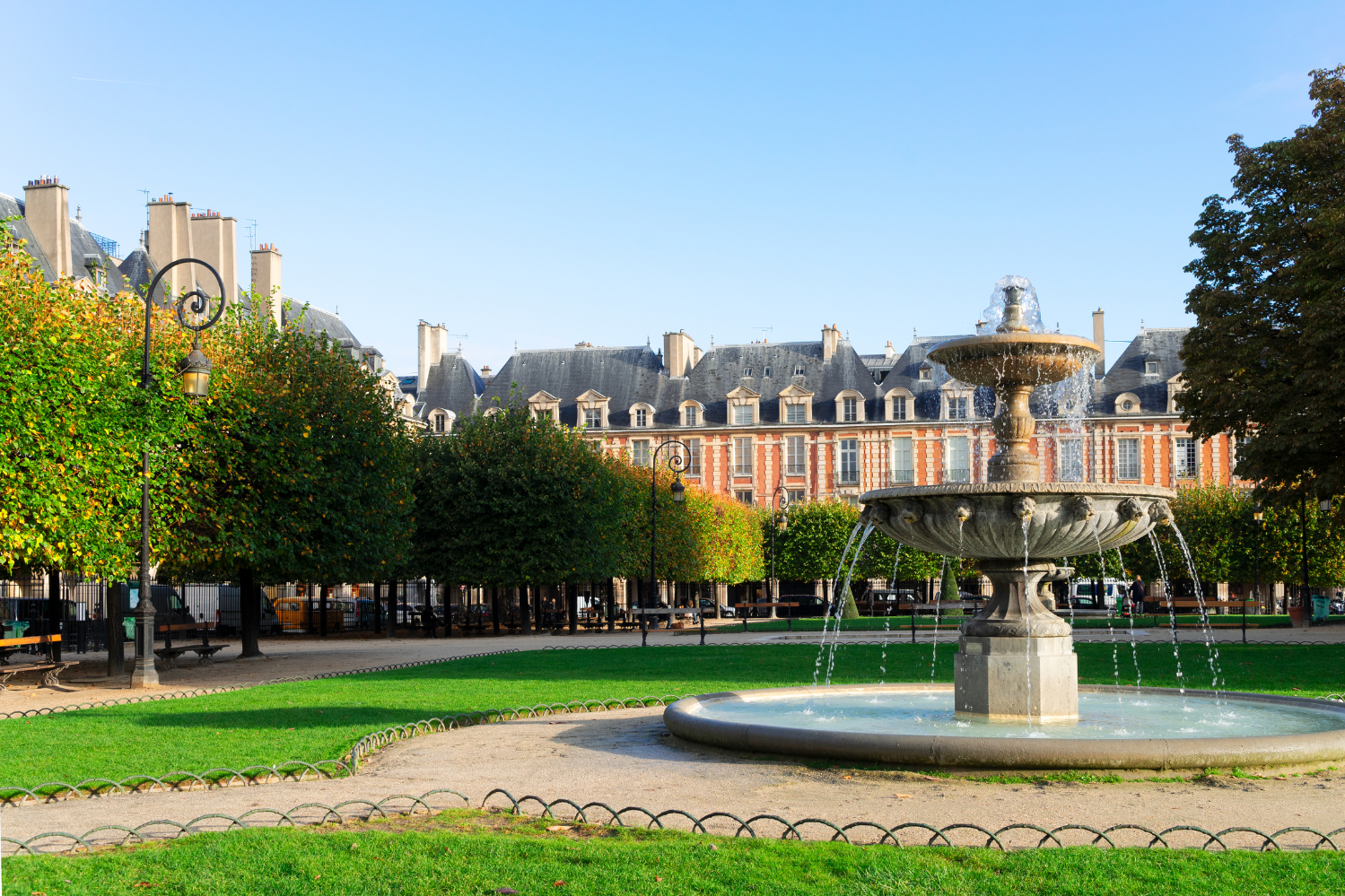
Place des Vosges, Le Marais
Saint-Germain-des-Prés (6th Arrondissement)
-
Pros: Elegant, safe, featuring a chic Parisian vibe with many cafes, restaurants, shops, and cultural sites.
- Cons: Housing is relatively expensive in the 6th district of Paris.
Passy and Auteuil (16th Arrondissement)
- Pros: The 16th district is a quiet, chic, and elegant residential area close to Bois de Boulogne (one of the largest parks in Paris). It offers plenty of outdoor activities, good international schools, and a high
- Cons: It can be expensive and off-center, and you may need more exciting nightlife.
Batignolles (17th Arrondissement)
- Pros: The 17th district is family-friendly, with parks like Parc Clichy-Batignolles, a village-like atmosphere, many restaurants, shops, and a great farmers' market.
- Cons: Slightly farther from central Paris' central attractions.
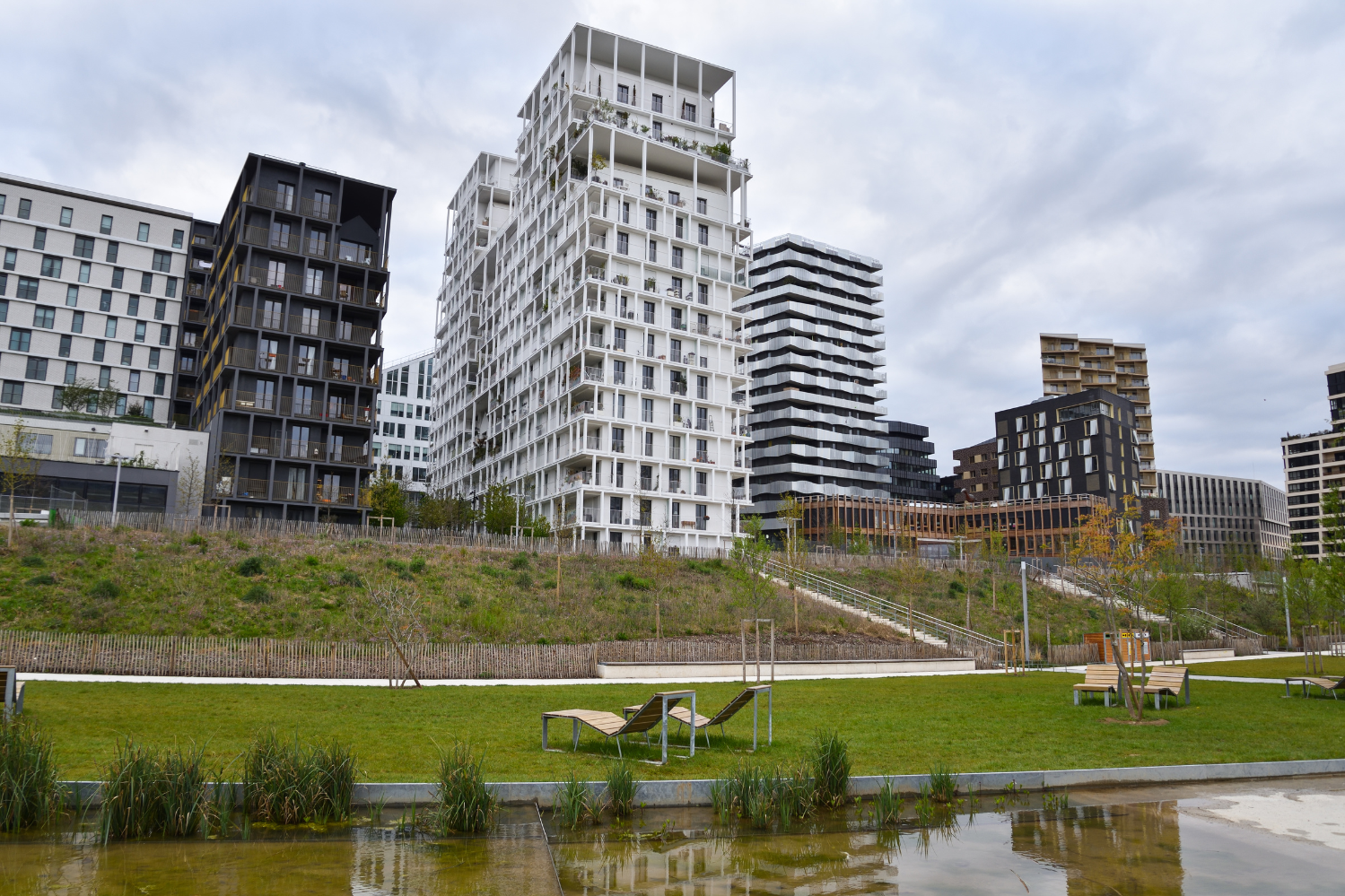
Parc Clichy - Batignolles Martin Luther-King
Neuilly-sur-Seine (Suburb)
- Pros: Neuilly-sur-Seine is close to Paris and the La Défense Business District. It is a family-oriented, safe, and upscale residential neighborhood with excellent public and private schools. It is also close to Bois de Boulogne and quieter than central Paris.
- Cons: Suburban feel, need to commute to central Paris.
In summary, taking a family sabbatical in Paris opens the doors to personal enrichment and wonderful experiences. All of this is made even more effortless with the help of Paris Rental for your relocation to Paris with your family. Whether settling in "for good" or temporarily, Paris Rental can simplify your search and help you find your ideal long-term furnished apartment rental in Paris.
Editor: Siyi CHEN
Credit Photo @Unsplash+
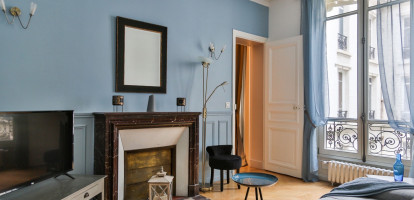


 Français
Français





